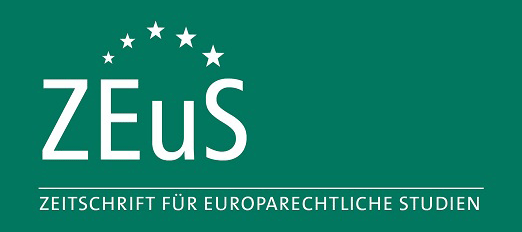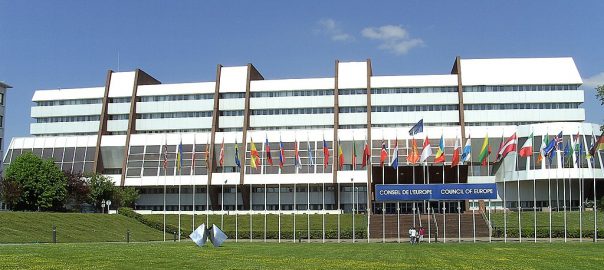Today we start with our online symposium „Regulation of Artificial Intelligence in Europe“. We start with a Saar Blueprint by Carolin Vormann on whether press and media freedom are threatened by AI. After describning the existing international legal framework, she proposes ideas to reduce AI-related risks to media and press freedom.
Weiterlesen



